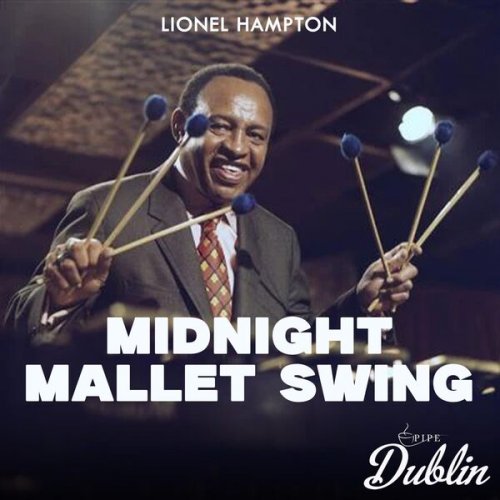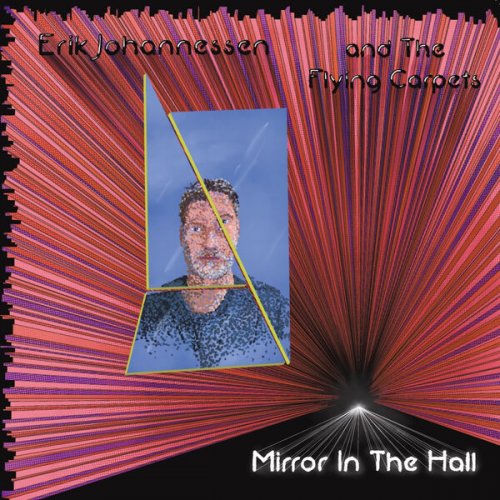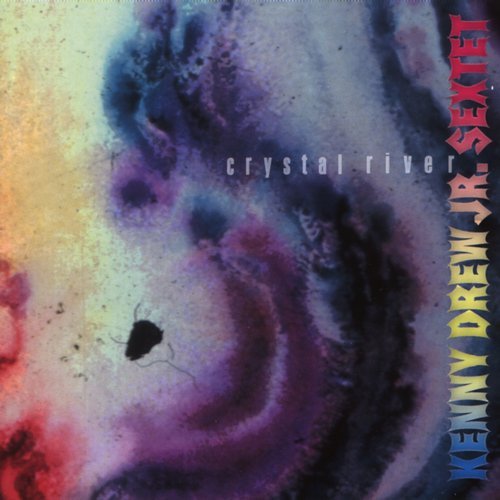Eric Dolphy - At The Five Spot, Vol. 1 (2014) [Hi-Res]
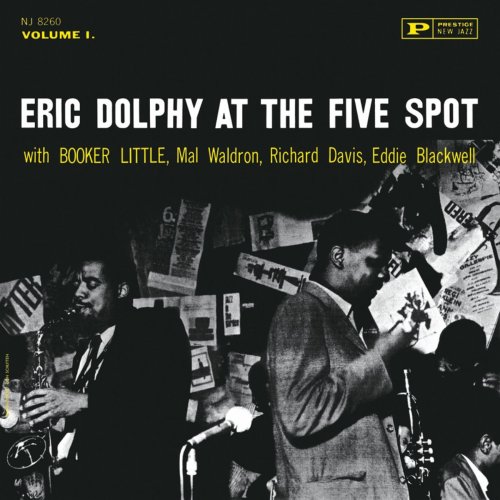
Artist: Eric Dolphy, Booker Little, Mal Waldron, Richard Davis, Ed Blackwell
Title: At The Five Spot, Vol. 1
Year Of Release: 1961 / 2013
Label: Prestige Records
Genre: Jazz
Quality: FLAC (tracks, booklet) [44.1kHz/24bit]
Total Time: 56:52
Total Size: 701 MB
WebSite: Album Preview
Tracklist:Title: At The Five Spot, Vol. 1
Year Of Release: 1961 / 2013
Label: Prestige Records
Genre: Jazz
Quality: FLAC (tracks, booklet) [44.1kHz/24bit]
Total Time: 56:52
Total Size: 701 MB
WebSite: Album Preview
01. Fire Waltz (13:40)
02. Bee Vamp (12:21)
03. The Prophet (21:23)
04. Bee Vamp (Alternate Take) (9:28)
Personnel:
Eric Dolphy - Alto Saxophone, Bass Clarinet
Booker Little - Trumpet
Mal Waldron - Piano
Richard Davis - Bass
Ed Blackwell - Drums
After having left the ensemble of Charles Mingus and upon working with John Coltrane, Eric Dolphy formed a short-lived but potent quintet with trumpeter Booker Little, who would pass away three months after this recording. Despite all of the obstacles and subsequent tragedy, this quintet became legendary over the years -- justifiably so -- and developed into a role model for all progressive jazz combos to come. The combined power of Dolphy and Little -- exploring overt but in retrospect not excessive dissonance and atonality -- made them a target for critics but admired among the burgeoning progressive post-bop scene. With the always stunning shadings of pianist Mal Waldron, the classical-cum-daring bass playing of Richard Davis, and the colorful drumming of alchemistic Ed Blackwell, there was no stopping this group. Live at the legendary Five Spot Café in New York City, this band set the Apple, and the entire jazz world on their collective ears. "Fire Waltz" demonstrates perfectly how the bonfire burns from inside the soul of these five brilliant provocateurs, as Dolphy's sour alto and Little's dour trumpet signify their new thing. Dolphy's solo is positively furious, while Blackwell nimbly switches up sounds within the steady 3/4 beat. "Bee Vamp" does not buzz so much as it roars in hard bop trim. A heavy tandem line breaks and separates in the horn parts like booster rockets. Blackwell is even more amazing, and Dolphy's ribald bass clarinet set standards that still influences players of the instrument. Where "The Prophet" is a puckery blues, it is also open armed with minor phrasings and stretched harmonics. This is where Waldron and Davis shine in their terra cotta facades of roughly hewn accompaniments to Dolphy and Little's bold flavored statements. A shorter alternate take of "Bee Vamp" is newly available, shorter by two-and-a-half minutes and with a clipped introductory melody. Most hail this first volume, and a second companion album from the same sessions, as music that changed the jazz world as much as Ornette Coleman and John Coltrane's innovative excursions of the same era. All forward thinking and challenged listeners need to own these epic club dates. ~ Michael G. Nastos
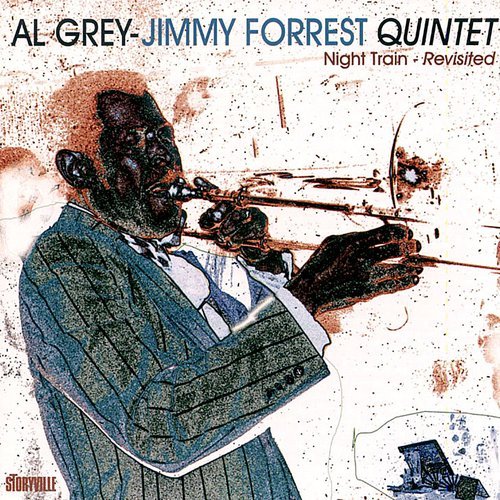
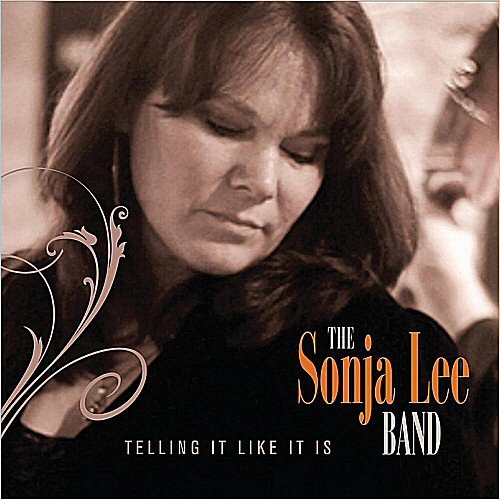
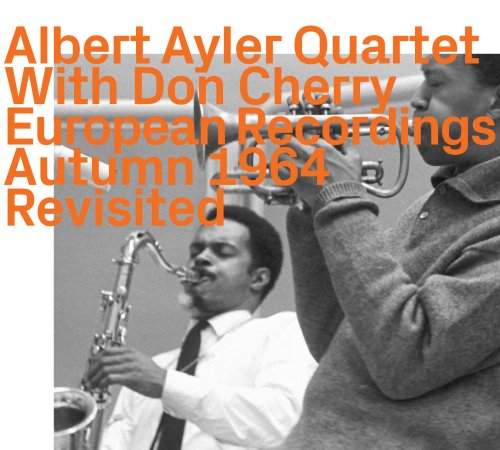
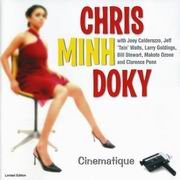
![When I Return - The Weight Of Bloom (2026) [Hi-Res] When I Return - The Weight Of Bloom (2026) [Hi-Res]](https://www.dibpic.com/uploads/posts/2026-02/1771391261_qn90r0j477aml_600.jpg)
![Dominique Fils-Aimé - My World Is The Sun (2026) [Hi-Res] Dominique Fils-Aimé - My World Is The Sun (2026) [Hi-Res]](https://www.dibpic.com/uploads/posts/2026-02/1771404623_folder.jpg)
